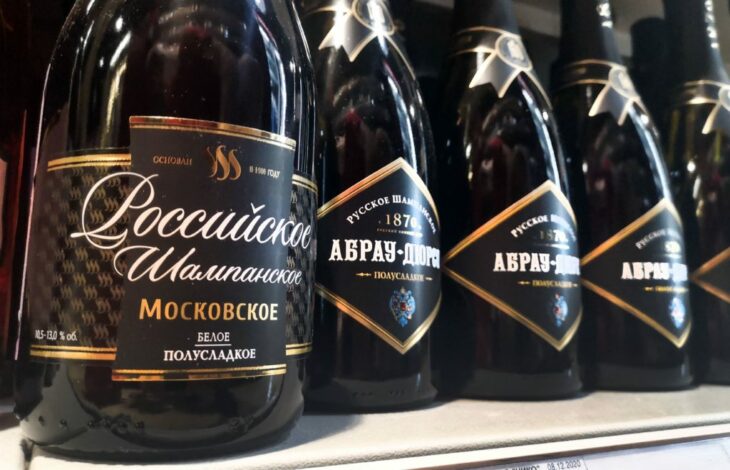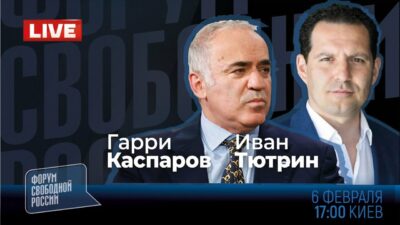Vladimir Putin on Friday signed a law banning foreign sparkling wine producers from using the term

As geopolitical food fights go, Vladimir Putin’s assault on French Champagne might well be described as Extra Brut.
The Russian president signed a law on Friday that will ban foreign sparkling wine producers from using the term “Champagne” — even those produced in France’s famed, wine-growing region from which the name originates. Only Russian-made shampanskoe wines will be able to use the term.
The move was viewed as a major affront in France, which has strict rules to protect the name and reputation of its beloved bubbly, and on Monday the country’s main Champagne industry group called for all producers to halt exports to Russia “until further notice.”
“The people of Champagne are calling on French and European diplomacy to try to have this unacceptable law modified,” reads the statement from the Champagne Committee’s co-presidents, Maxime Toubart and Jean-Marie Barillère.
“Preventing the people of Champagne from using the name Champagne (in Cyrillic) is scandalous; it’s our common heritage and the apple of our eye.”
LVMH’s Moët Hennessy, which includes brands like Veuve Clicquot and Dom Pérignon, told POLITICO the company will temporarily suspend its shipments to Russia “to give us the time to evaluate the consequences of this new regulation.”
French media have suggested the move by Moscow could be part of its efforts to revive the shampanskoe sparkling wine industry in its Soviet-era ancestral home of Crimea, which Russia annexed from Ukraine in 2014, in line with similar measures that worked to domestic producers’ advantage: Moscow banned the import of European cheeses and other products in response to Western sanctions imposed over the Ukraine conflict, which ultimately offered a major boost to Russia’s own cheese producers.
On Monday, Russian sparkling wine producer Abrau-Durso’s stock value rose by 7.7 percent.
Moscow’s move to hit one of Europe’s most prized sectors also comes at a tense time for EU-Russian relations, just after the European Council rejected a proposal by France and Germany for a summit with Putin and instead imposed strict conditions for any warming of diplomatic ties.
Putin’s press secretary Dmitry Peskov told reporters Monday that the sparkling wine industry is “a difficult branch of the economy, this is not a place where fast money lives,” hinting at Russia’s desire to protect its domestic wine producers. “The law has been passed, it must be implemented.”
Barillère said he was “very surprised that Russia could take this type of decision,” and the committee called on French Foreign Minister Jean-Yves Le Drian to get involved.
The French embassy in Moscow declined to comment, but the country’s junior minister for trade, Franck Riester, tweeted that Paris is “closely monitoring” the implications of the Russian law.
“Be there no doubt: We will support without fail our producers and French excellence. Long live French champagne!” Riester wrote.
French Champagne is also covered by the EU’s lucrative system of geographical indications that seek to protect the names of gourmet foods traded abroad. Alexander Stavstev, editor-in-chief of Russian industry news outlet Wine Retail Information Center, estimated the law could involve changing the labels of some 20,000 wine brands.
A European Commission spokesperson told reporters Monday the EU executive “will be doing everything necessary to express our disagreement and concern” over the Russian legislation.
“We will do everything necessary to protect our rights and take the necessary steps,” the spokesperson added, stopping short of naming concrete steps that Brussels might take.



